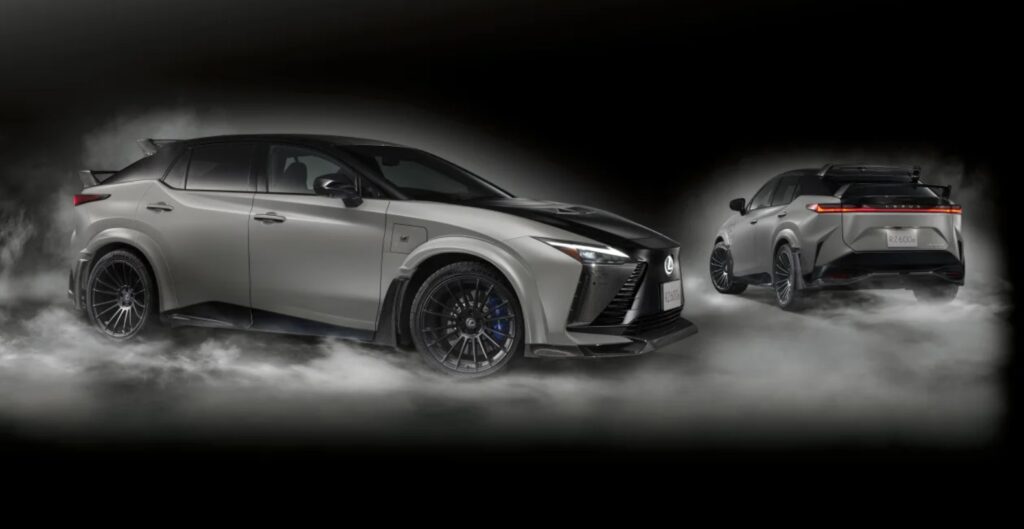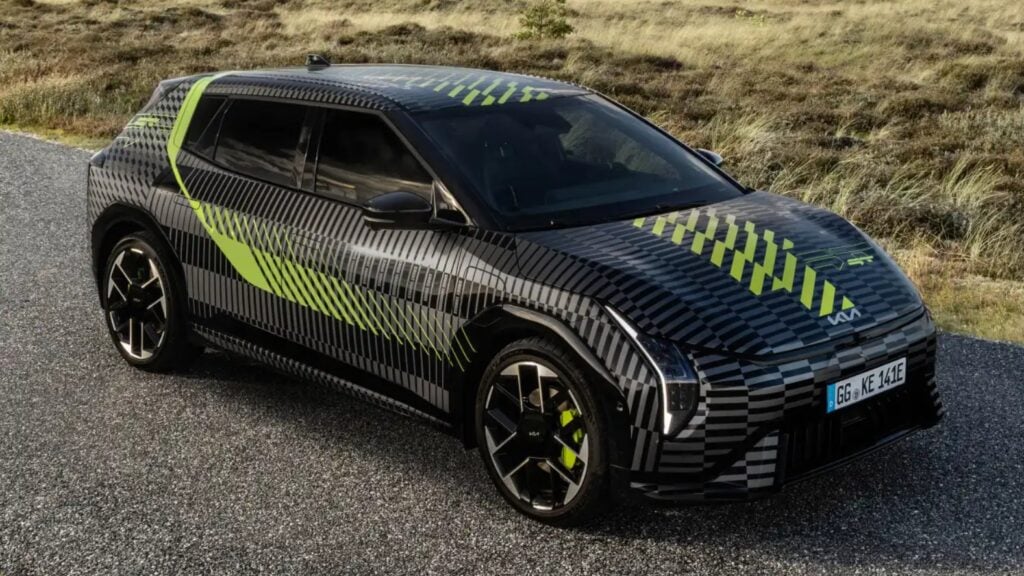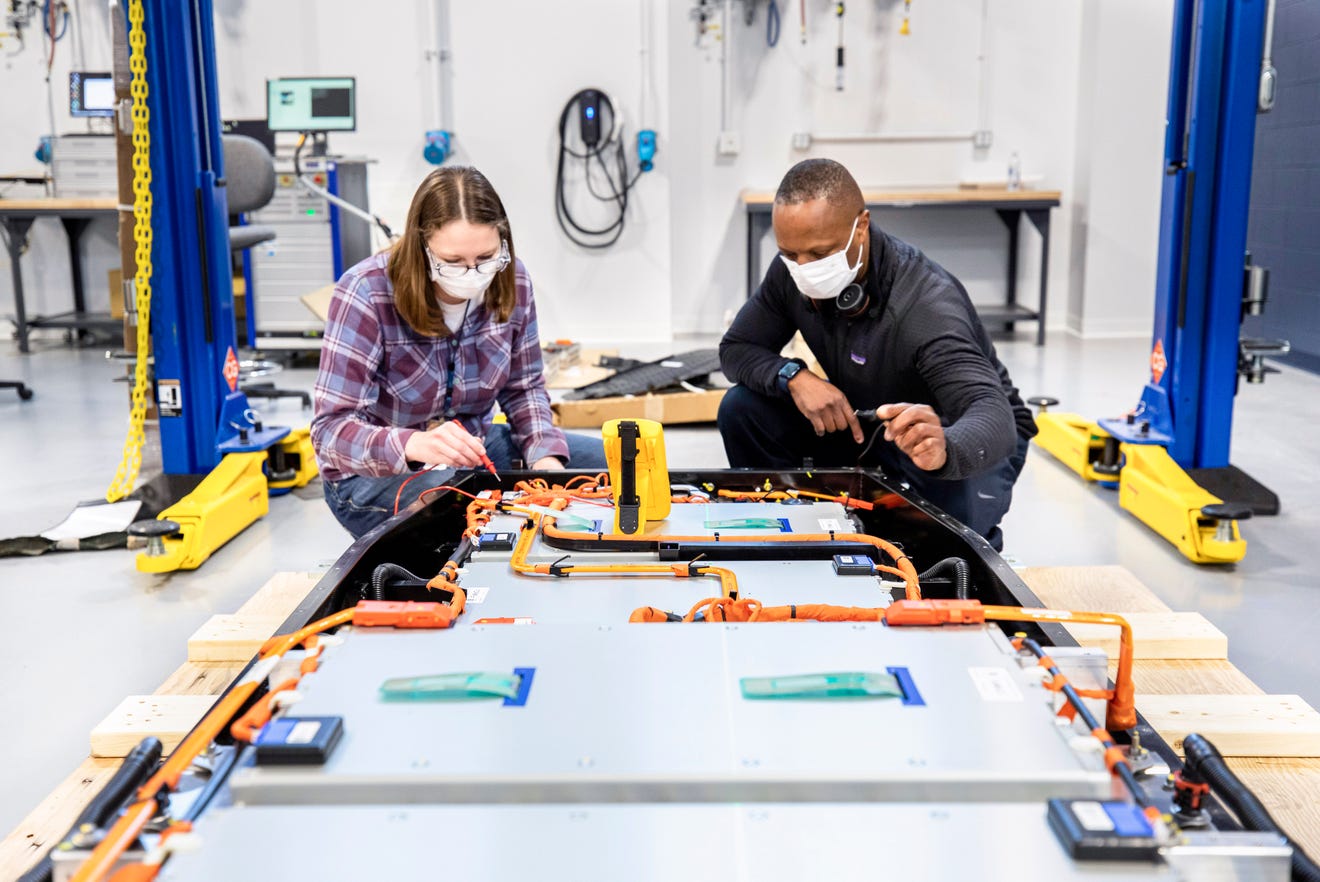
Talking points
- Battery R&D facility will be built in automaker’s home state of Michigan
- Approximately 200 employees will work on next-gen battery tech
- Part of Blue Oval’s US$30 billion investment in electric and autonomous vehicles
UPDATE, JULY 29: Ford has confirmed its new battery research and development facility will be located in the city of Romulus, Michigan.
The factory is part of a US$185million (AU$251m) investment to develop and manufacture lithium ion and solid-state battery cells and arrays, in a bid to accelerate the carmaker’s electrification efforts.
“Ford already is delivering on our plan to lead the electric revolution with strong new vehicles including the Mustang Mach-E, 2022 E-Transit available late 2021 and the 2022 F-150 Lightning available from [US] spring next year,” said Anand Sankaran, Ford Ion Park director.
“The new lab will help Ford speed up the battery development process to deliver even more capable, affordable batteries and is part of Ford’s renewed commitment to making Michigan a centrepiece of its focus on EVs.”
Our original story below has been updated to reflect the latest information.
The story to here
MAY 4: Ford is powering up its electric vehicle offensive for the future by creating its first battery research and development facility in Motor City – Detroit, Michigan.
Described by the automaker as a ‘battery centre of excellence’, the new centre has been dubbed Ford Ion Park, and will employ roughly 200 dedicated team members.
The 25,000 square-metre establishment has not been designed for mass production, as there will only be two levels of manufacturing possible on-site – lab scale and pilot scale.
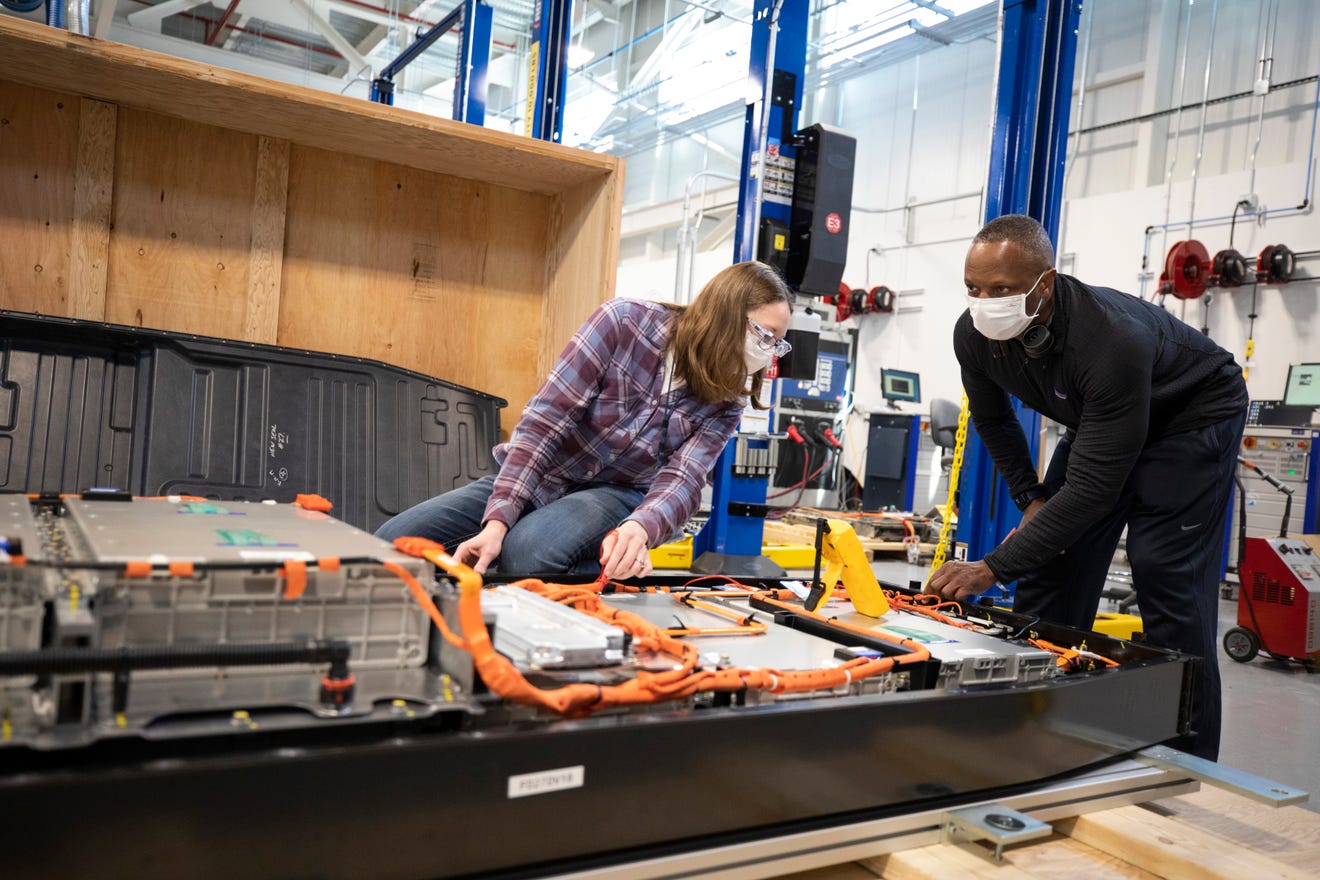
The Blue Oval hopes the research and development (R&D) team will fast track the evolution of next-generation battery technology, which will be utilised in the majority of the brand’s automobiles in the future.
Ion Park is just one facet of the automaker’s new strategy for developing electric vehicles and autonomous technology, with Ford claiming it will invest no less than US$30billion (AU$40.6bn) on EV and autonomous products by 2025.
As reported by WhichCar, the automaker has also recently pledged that all of its products in Europe will be fully electric by 2030.
The company has committed to assemble its all-new, all-electric Ford F-150 Lightning, with foreign and domestics parts, at the Rouge Electric Vehicle Center in Dearborn, Michigan, creating 500 jobs.
Ford has also repositioned its half-century-old Van Dyke Transmission Plant – renaming it the Van Dyke Electric Powertrain Center and expanding its production line to build electric motors and electric transaxles for hybrid and fully electric vehicles, retaining a total of 225 local jobs.
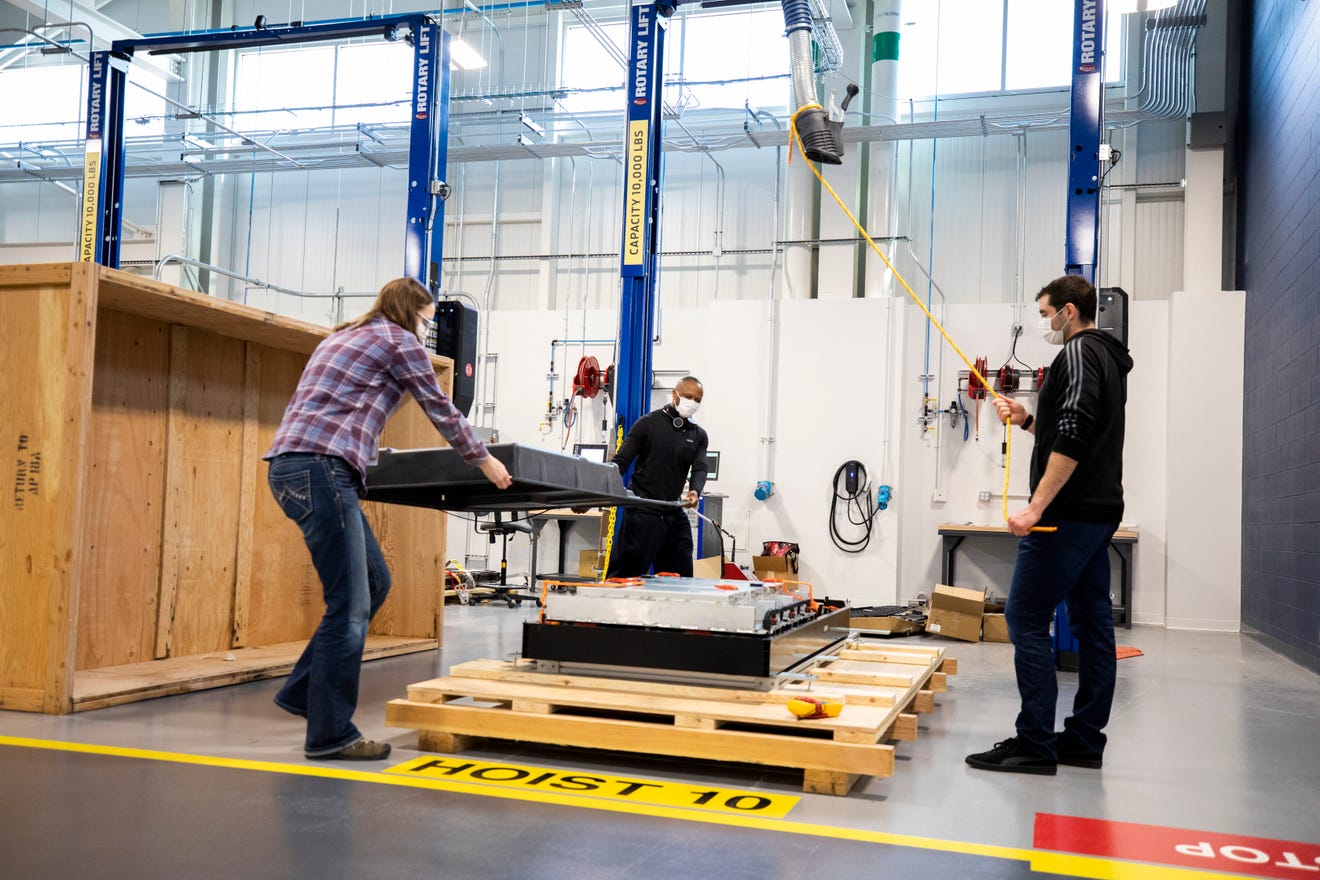
It’s thought the introduction of the in-house R&D facility is the American legacy brand’s response to recent technology supply chain issues which have plagued the automotive industry over the last 12 months.
It’s also understood that Ford’s current EV battery supplier, South Korean manufacturer SK Innovation, recently lost a US$1.8 billion trade dispute with LG, and this may affect the automaker’s supply chain in the future.
Ford isn’t the only American automaker investing heavily in battery tech either, with main competitors General Motors already dumping billions into battery and electric transport solutions.



